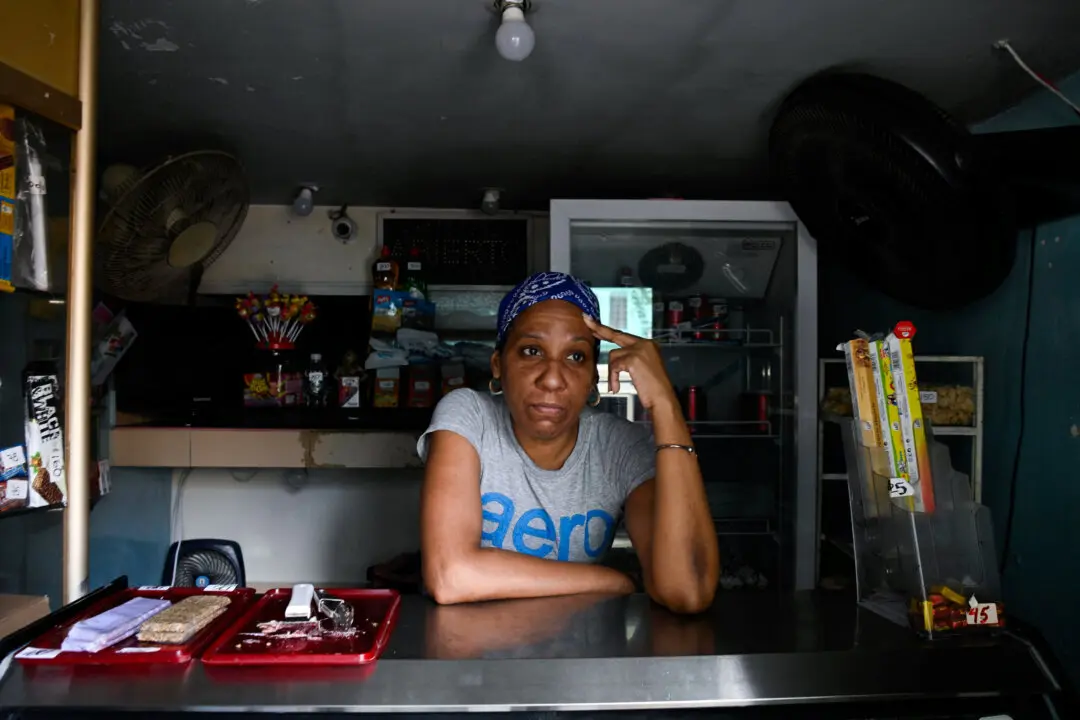ZURICH—UBS Group AG has rehired Sergio Ermotti as CEO to steer its massive takeover of neighbor Credit Suisse—a surprise move to take advantage of the Swiss banker’s experience rebuilding the bank after the global financial crisis.
The trader turned corporate problem fixer faces the tough challenge of laying off thousands of staff, cutting back Credit Suisse’s investment bank, and reassuring the world’s wealthy that UBS remains a safe harbor for their cash.





